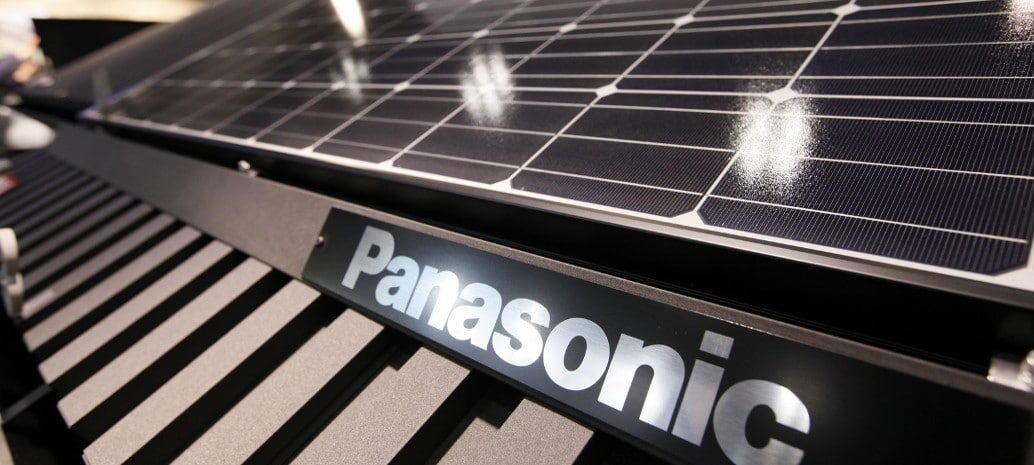Despite the Covid-19 pandemic, the investment climate in various renewable energy sectors appears to be outperforming the pre-Covid levels of last year. Corporate funding for battery storage, smart grids, and energy efficiency has risen a whopping 75% this year.
Mercom Capital Group LLC, a clean energy communications and consulting firm, has analyzed cash flows in those market segments and observed a substantial increase in funding despite the global health crisis.
Investment this year to the end of September totaled $4.7 billion in corporate funding for battery storage, smart grid, and energy efficiency companies. The same period of last year brought $2.7 billion. The Covid-related uncertainty in the first quarter was perhaps reflected by the fact some $3.2 billion of that $4.7 billion was invested in the last quarter, a rise of 165% on the investment seen in Q2.
The impressive third-quarter figure appears to show investors moving into storage, smart grid and efficiency companies, as the first six months of the year brought only minimal backing in the segment. The July-to-September return was up 777% on the same period of last year, which attracted $365 million.
Venture capital funding, including private equity and corporate venture capital, rose 78% from the second quarter to Q3 with $1.1 billion spread across 22 deals in July-to-September, compared to $605 million in 26 deals in the previous three-month window. In year-on-year terms, the third-quarter VC figure was up 249% from the $309 million raised in 17 deals in July-to-September last year.
Venture capital funds of $1.9 billion have flowed into energy storage in the first nine months of the year, down from the $2.1 billion seen in the same period of 2019.
Battery storage
During the first three quarters of this year, corporate funding for battery storage companies reached $3.5 billion, 62% more than the $2.2 billion invested during the same period of last year and $2.8 billion of this year's sum arrived in the last quarter, following just $472 million in April-to-June.
Venture capital funding mirrored the trend, with cash flow rising 78% from the second to third quarters. In the last three months, the industry received $661 million, following $372 million in Q2. However, it is worth noting $600 million of this year's VC cash surfaced in a single equity raise by Swedish battery maker Northvolt. The first nine months of this year produced $1.2 billion in VC funding, 25% less than the $1.6 billion seen in the same period of 2019.
The next four most valuable VC transactions of the year were Quantumscape‘s $200 million, Prologium Technology‘s $100 million, Demand Power Group securing $71 million, and Highview Power raising $46 million, according to Mercom.
Debt and public market financing came in at $2.3 billion in January-to-September. Virtually all of that – $2.1 billion – was raised in the last quarter, however, with activity having virtually halted in the first half of the year. The subsequent leap in borrowing for battery storage investment may not have been solely down to Covid-19, though, as the first nine months of last year generated only $560 million of credit lines.
Smart grids
It wasn't just batteries that drew the gaze of venture capitalists. In the July-to-September window, VC funding of $368 million was allocated to smart grid businesses, compared to $194 million in the previous quarter. The third quarter of last year saw only $39 million of that investment type. The year-to-date figure of $643 million invested into the technology is a 231% increase on the $194 million in VC transactions for smart grids in the first nine months of 2019.
The top five VC smart grid deals were listed by Mercom as Chargepoint, with $127 million; Star Charge ($125 million); Smartrent ($60 million); Probus Smart Things ($53 million); and Smart Wires ($43 million).
Debt and public market financing, though, did not reflect venture capitalist spending in the segment. Mercom reported only $10 million of such investment to the end of September, following $45 million in the same period of last year.
Efficiency
Venture capital funding for energy efficiency companies rose in the third quarter, with $48 million raised, compared to $40 million in Q2. The amount fell year on year, however, with the $268 million allocated by VC funds to energy efficiency in January-to-September last year dwindling 65% to $95 million thus far this time around.
“The Top VC funding deals in [January-to-September] 2020 were: Palmetto raised $29 million, Juganu raised $18 million, Brainbox AI secured $12 million, Virtual Power Systems raised $12 million, and SmartAC.com raised $10 million,” wrote Mercom.
Where VC backers feared to tread, debt and public financing stepped up. Those sources of cash coughed up just $56 million for energy efficiency applications in the first nine months of last year but have already produced $500 million in the comparable period of 2020.
This content is protected by copyright and may not be reused. If you want to cooperate with us and would like to reuse some of our content, please contact: editors@pv-magazine.com.




By submitting this form you agree to pv magazine using your data for the purposes of publishing your comment.
Your personal data will only be disclosed or otherwise transmitted to third parties for the purposes of spam filtering or if this is necessary for technical maintenance of the website. Any other transfer to third parties will not take place unless this is justified on the basis of applicable data protection regulations or if pv magazine is legally obliged to do so.
You may revoke this consent at any time with effect for the future, in which case your personal data will be deleted immediately. Otherwise, your data will be deleted if pv magazine has processed your request or the purpose of data storage is fulfilled.
Further information on data privacy can be found in our Data Protection Policy.